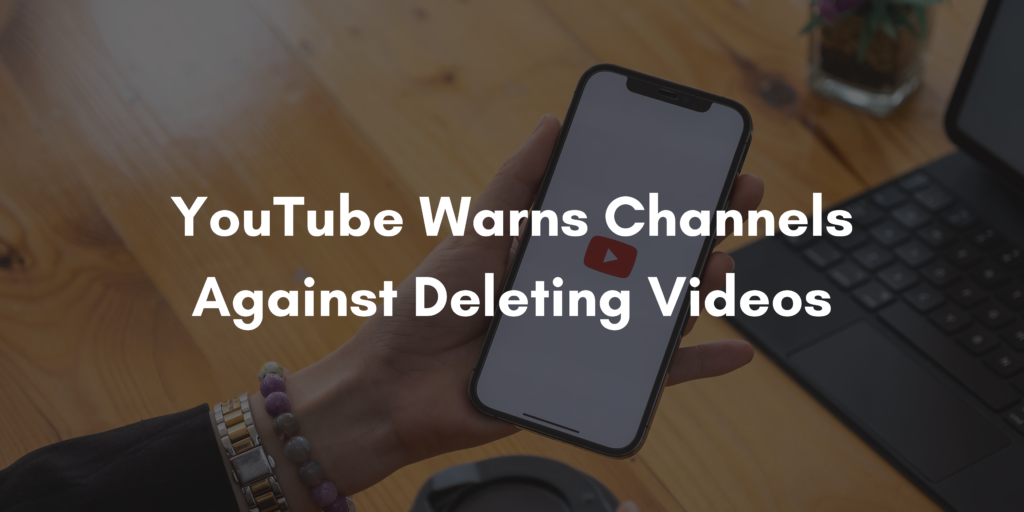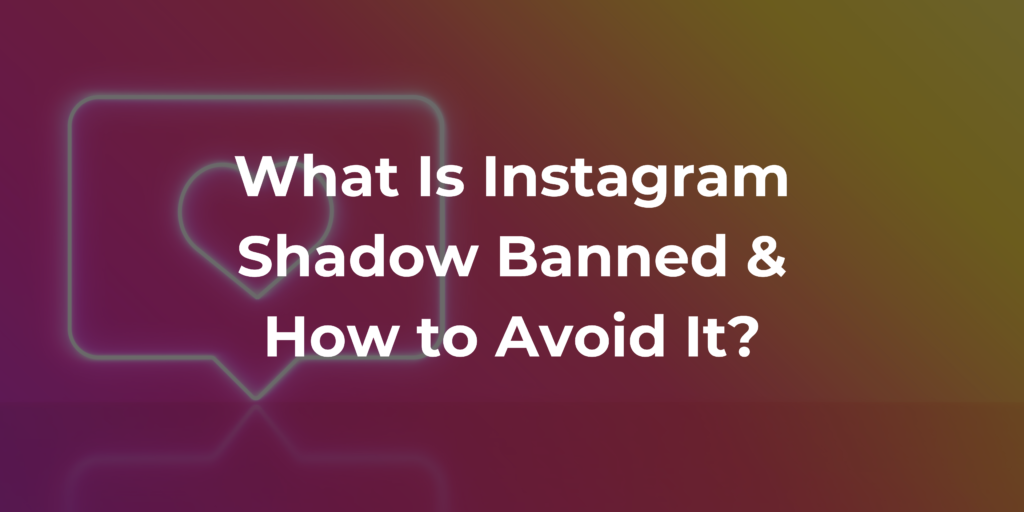YouTube stands as one of the titans, hosting millions of videos spanning topics from educational tutorials to entertainment and beyond. Content creators pour their creativity and effort into crafting engaging videos, building their channels, and cultivating communities. However, amidst the ever-evolving landscape of online content, a recent warning from YouTube has sparked discussions and concerns among creators.
YouTube has issued a cautionary note to channels regarding the deletion of videos. This warning comes as a reminder of the importance of content preservation and the potential consequences of erasing content from the platform. But why is YouTube urging creators to think twice before hitting the delete button?

Content is King: The Value of Preservation:
In the digital age, content is king. Videos uploaded to YouTube are not merely fleeting moments in cyberspace; they are pieces of digital history, capturing moments, ideas, and perspectives. For creators, each video represents hours of hard work, creativity, and dedication. However, the significance of these videos extends beyond individual creators.
YouTube has evolved into a vast repository of knowledge and entertainment, serving as an archive of human culture and creativity. From tutorials and documentaries to music videos and vlogs, the platform offers a diverse array of content that informs, entertains, and inspires millions worldwide. Deleting videos means removing a piece of this collective tapestry, potentially depriving audiences of valuable insights and experiences.
Community Impact: Building Trust and Engagement:
Beyond the intrinsic value of content, deleting videos can have profound implications for a creator’s relationship with their audience. Subscribers invest their time and trust in channels, forming connections with creators and engaging with their content. Deleting videos without explanation can erode this trust and lead to disengagement from the community.
Audiences often revisit older videos for reference, nostalgia, or simply to enjoy timeless content. Deleting videos disrupts this continuity and may alienate long-time viewers. Moreover, sudden deletions can create confusion and speculation within the community, damaging the channel’s reputation and undermining its credibility.
Algorithm Impact:
YouTube’s recommendation algorithms play a crucial role in determining the visibility and reach of videos. Deleting content disrupts the algorithmic patterns that govern a channel’s performance, potentially impacting its discoverability and growth. YouTube’s warning underscores the ripple effect of content removal, highlighting its implications for a channel’s visibility and sustainability.
Channels that regularly delete videos risk disrupting their algorithmic footprint, which can hinder their ability to reach new audiences and maintain consistent engagement. In a platform driven by data and analytics, content preservation emerges as a strategic imperative for creators seeking long-term success.
Legal Considerations: Copyright and Licensing
In addition to ethical and practical reasons for protecting content, legal considerations come into play. YouTube’s Terms of Service and Copyright Policies govern the use and distribution of content on the Platform. Deleting videos does not necessarily exempt the creators from copyright infringement or license agreements.
Creators should be mindful of the legal implications of deleting videos, especially if they contain copyrighted material or are subject to licensing agreements. Failure to comply with these rules can result in penalties ranging from content removal to account suspension, jeopardizing the future of the channel.
The Way Forward: Transparency and Accountability:
In light of YouTube’s warning, creators are urged to approach content management with caution and foresight. Transparency and accountability are paramount in maintaining trust with audiences and navigating the complexities of online content creation.
Before deleting videos, creators should consider alternative strategies such as unlisting or privatizing content to preserve it while addressing concerns about visibility or relevance. Communication with the audience is key, providing context and explanations for content decisions to foster understanding and goodwill within the community.
Ultimately, YouTube’s warning serves as a reminder of the broader implications of content deletion and the responsibility that comes with being a digital creator. By prioritizing content preservation, creators can contribute to the richness and diversity of the YouTube platform while nurturing meaningful connections with their audiences.
Conclusion:
In conclusion, the recent warning from YouTube highlights the importance of protecting content in the digital age. As creators navigate the ever-changing online landscape, they need to recognize the value of their contributions and the impact of their decisions on the audience, the community, and the platform as a whole. By embracing transparency, accountability, and a long-term perspective, creators can uphold the integrity of their channels while contributing to the vibrant tapestry of online creativity.






